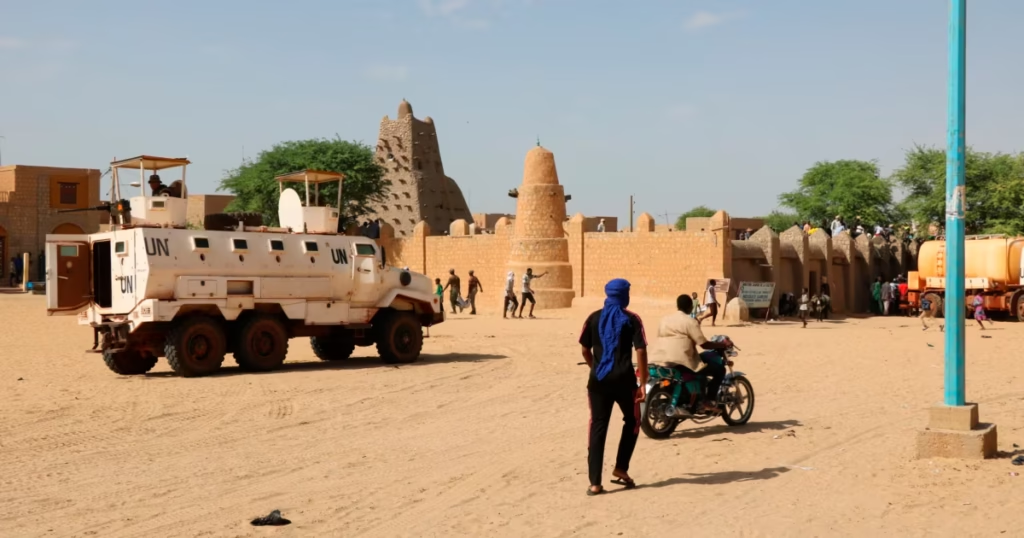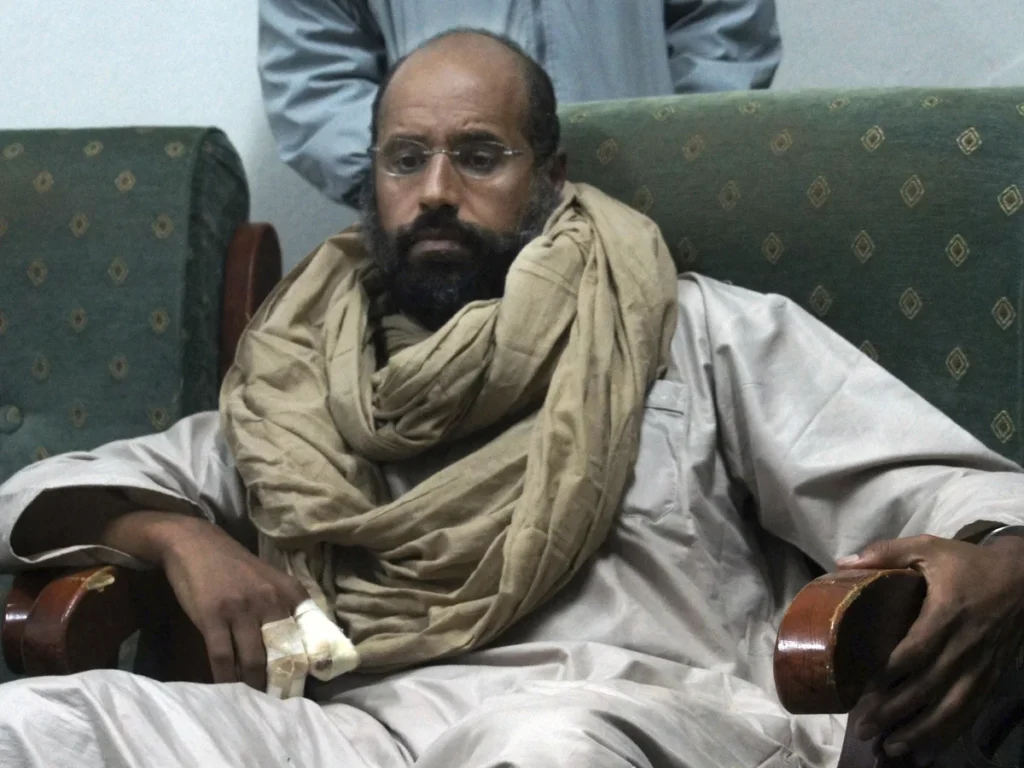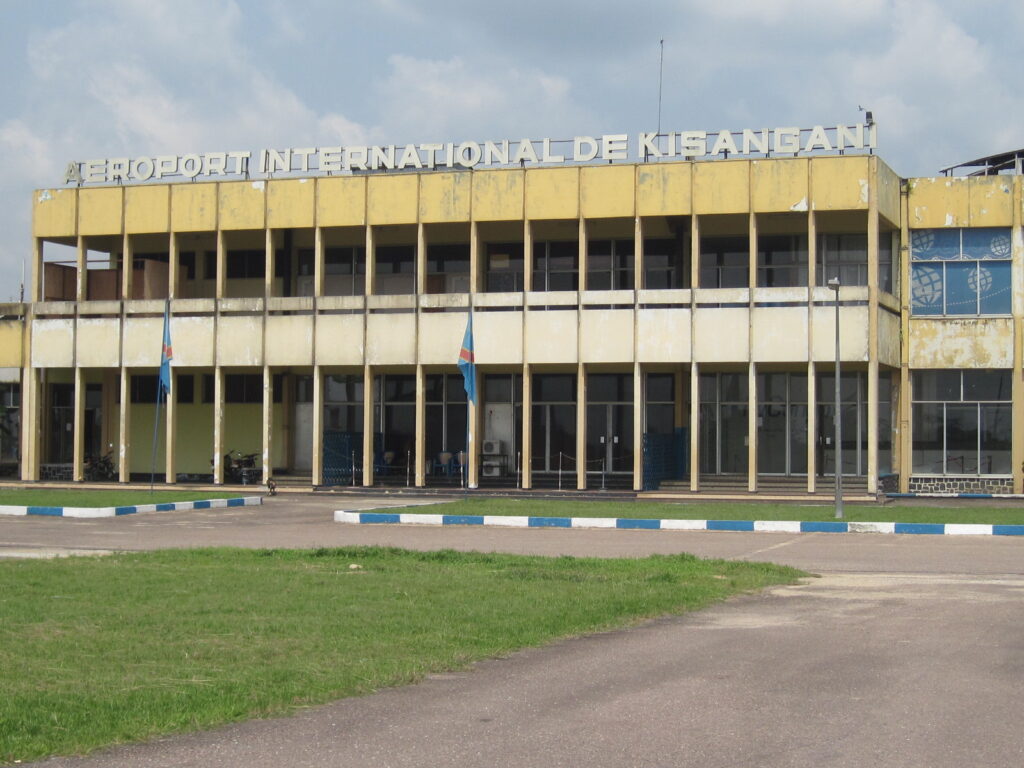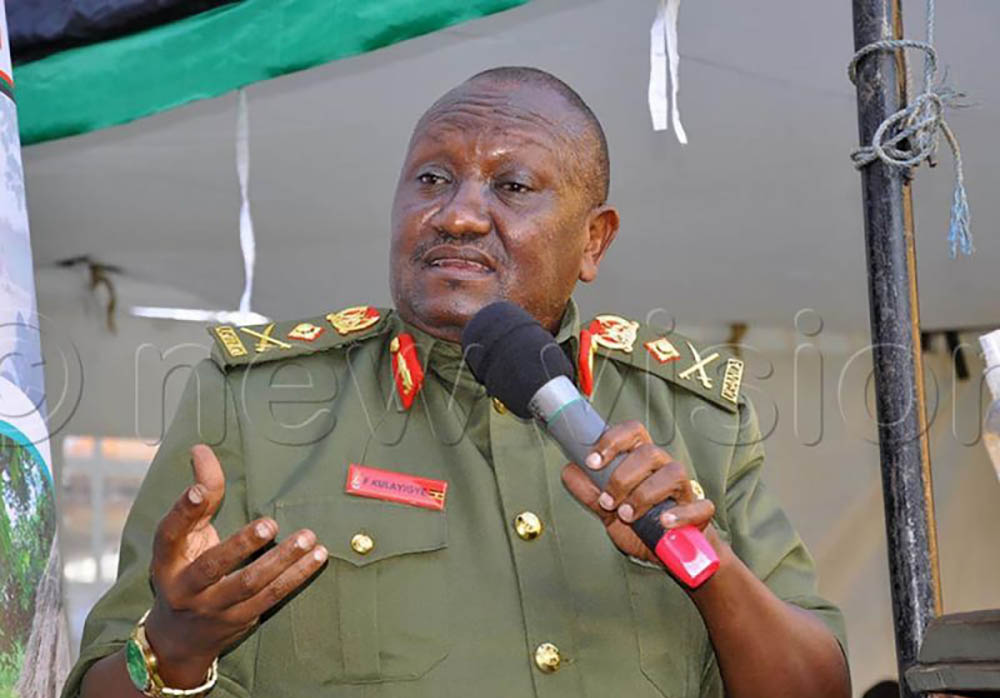
A two-month fuel blockade by al Qaeda-linked militants has largely immobilised Mali’s capital, intensifying pressure on the military government and stoking fears the jihadists could leverage the crisis to expand their influence.
Analysts say Jama’at Nusrat al-Islam wal-Muslimin (JNIM), which has operated within 50 km of Bamako for months, lacks the intent and capability to seize the city of 4 million, despite a brief attack last year. Instead, its strategy of starving Bamako of fuel — shuttering schools and cutting diesel power for businesses — is the gravest challenge to the junta since it seized power in 2021.
Security experts and diplomats told Reuters the likely goal is to trigger another coup, which would be Mali’s third since 2020, weakening central authority and allowing JNIM to build arms and finances. A Control Risks note last week warned regime collapse risks are “very high” in the coming weeks and said JNIM ultimately seeks negotiations with the current or any post-coup leadership.
In a September statement announcing the blockade, JNIM said it was targeting “the bandits in power,” accusing authorities of persecuting Malians outside Bamako. The government did not respond to requests for comment.
Emerging from Mali’s 2012 Tuareg revolt, JNIM has pushed from the north into central regions and across Burkina Faso and Niger. Colonel Assimi Goïta’s government cut defence ties with France and the United States and pivoted to Russia, but JNIM has escalated raids on military posts, claimed heavy troop losses, captured weapons and tightened control around cities. Last week, the group secured a reported $50 million ransom for two Emirati hostages.
JNIM has also moved into southern Mali and expanded in the west, enabling it to hit fuel convoys coming from coastal neighbours Ivory Coast and Senegal. Its focus now appears to be Bamako.
“The fuel blockade is more than economic warfare — it’s a terrorist tactic,” said Justyna Gudzowska of The Sentry, arguing it amplifies fear among elites and the public by projecting a capital under siege.
A meltdown in Mali could destabilise Burkina Faso and Niger, whose juntas are allied with Bamako. “If Mali collapses, everything collapses,” a senior diplomat in Bamako said. “If the current balance of power collapses, the alliance of the Sahel states collapses.”
Public criticism has been muted amid prosecutions for dissent. “It’s been complicated these past weeks,” said Abdoulaye, a ride-hailing driver who asked to use only his first name; he now sends his brother to queue for fuel overnight.
Rumoured rifts within the security establishment add to the strain. Authorities arrested two generals and dozens of soldiers in August over an alleged plot to destabilise the state. “I don’t think the regime is strong enough to hold on indefinitely,” said one security analyst, citing mounting political and armed-group pressures.
Beyond Bamako, JNIM has imposed travel restrictions and decreed that women wear the hijab on public transport. Its brief occupations elsewhere have featured limits on movement, extrajudicial killings and severe curbs on schooling, Gudzowska said.
Foreign embassies including those of the United States, Britain and Italy have urged citizens to leave. For now there is no mass exodus or impact on air travel, a person familiar with airline data said, but diplomats warn the outlook is fluid. “No scenario can be excluded,” the senior diplomat said. “We cannot rule out JNIM trying to enter the city.”




